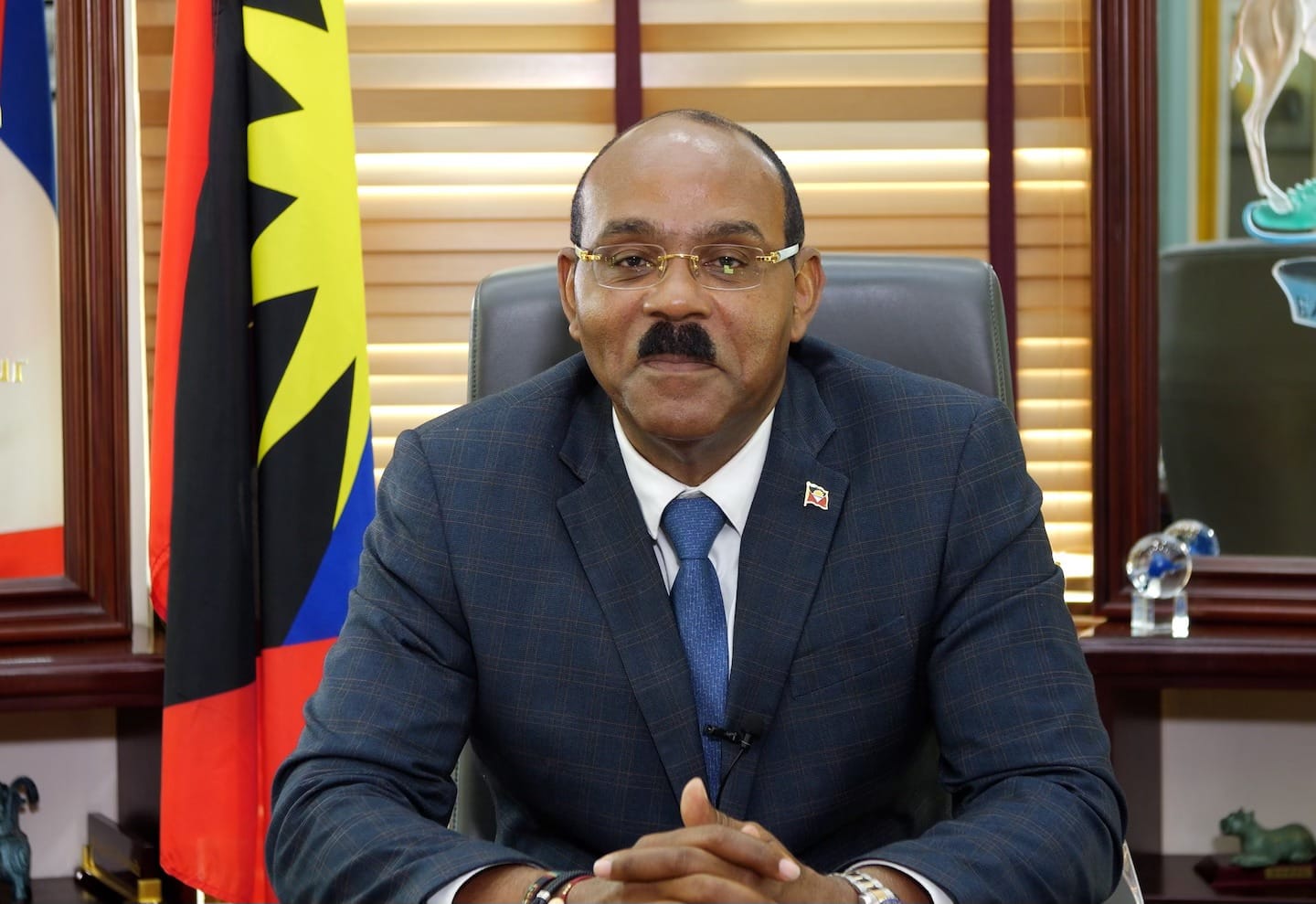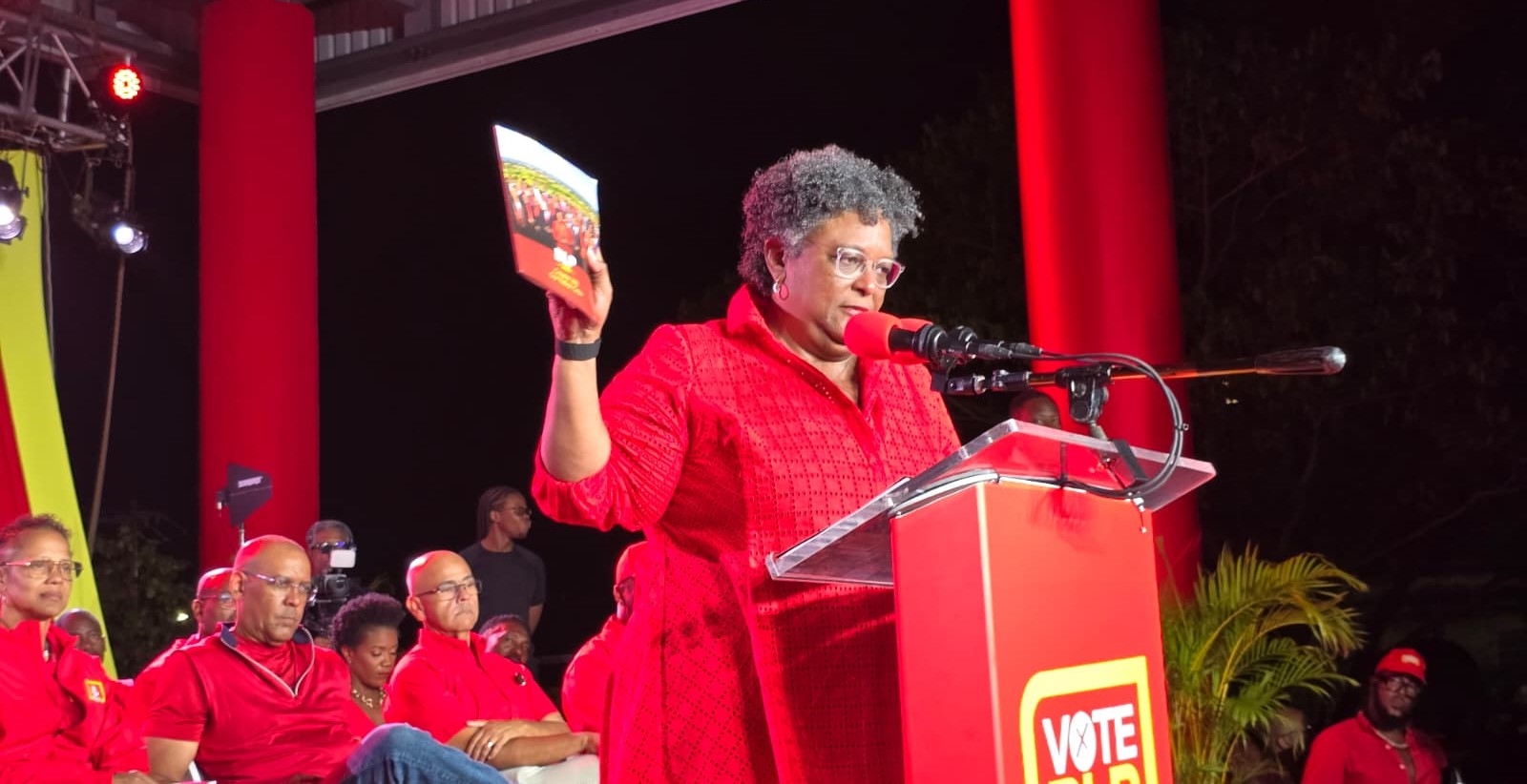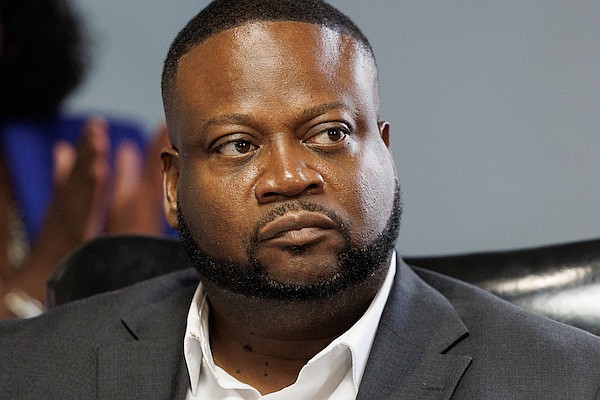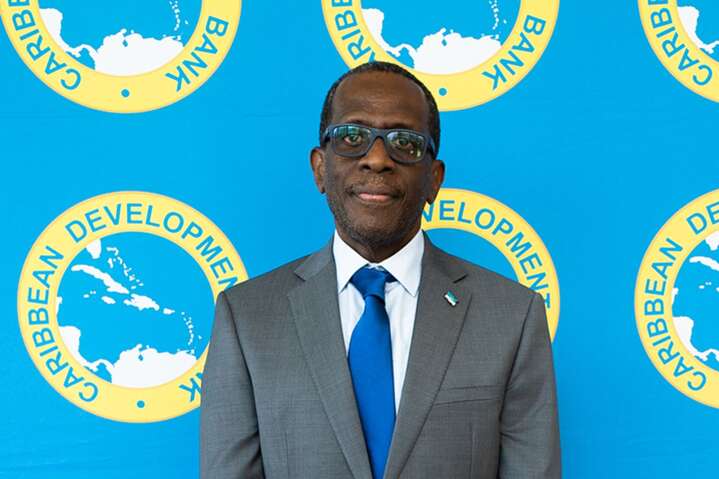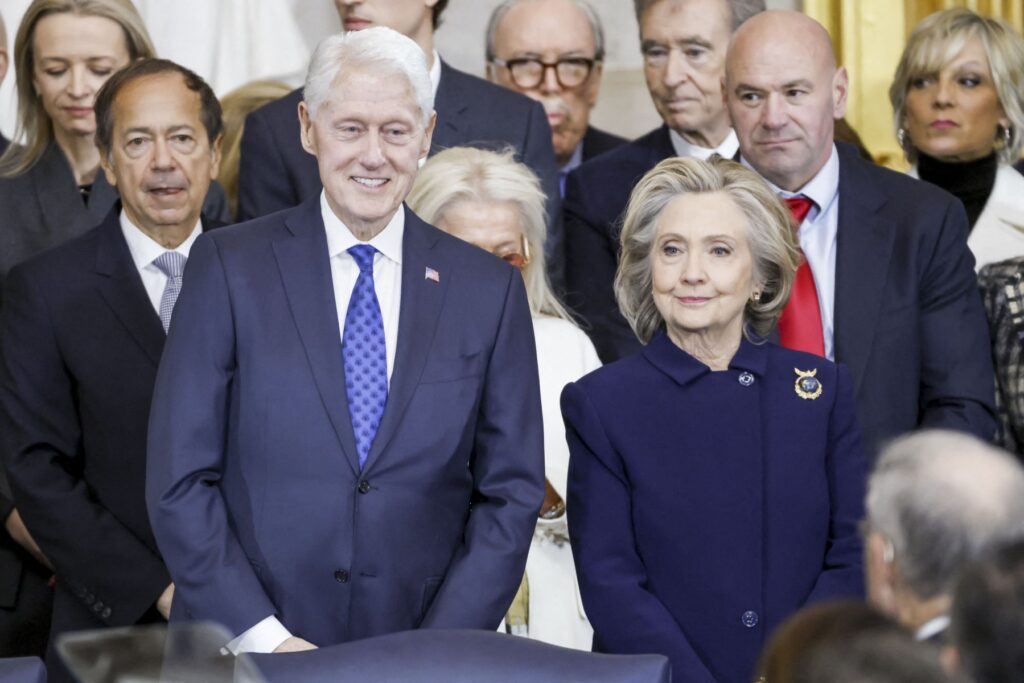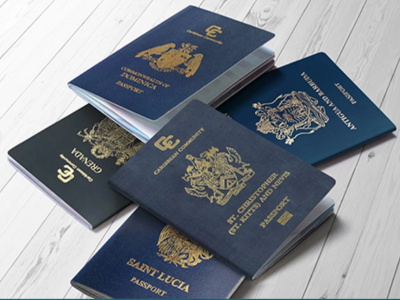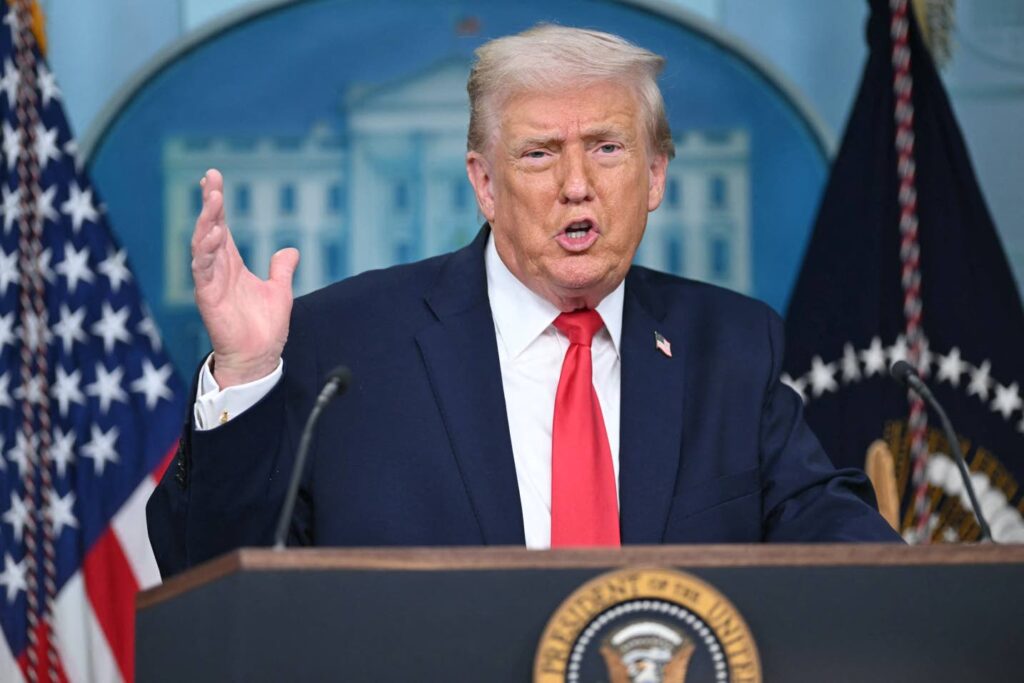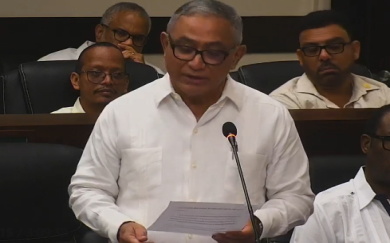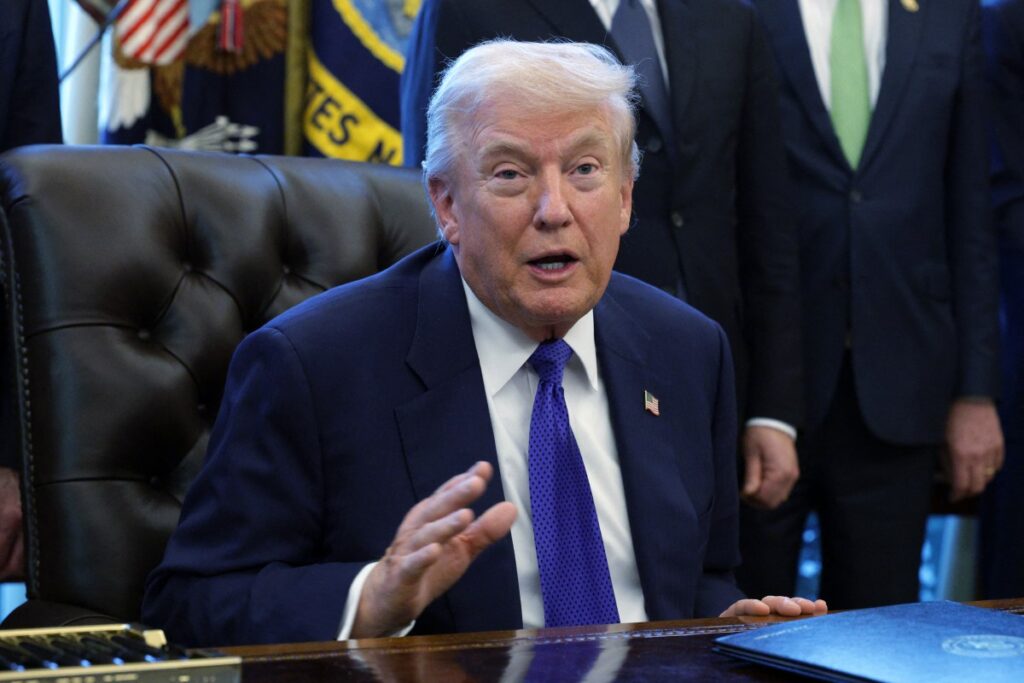Prime Minister Gaston Browne of Antigua and Barbuda has arrived in Dubai to participate in the prestigious World Governments Summit (WGS) 2026, running from February 3-5. The high-level gathering convenes global leaders, including heads of state, senior government officials, corporate executives, and international organization representatives to address critical governance challenges and sustainable development strategies.
During the summit, Prime Minister Browne will actively represent his nation’s interests across multiple platforms, including main sessions, high-level panels, and strategic engagements. His participation will particularly focus on tourism-driven economic development, investment attraction, creative industries, and sustainability initiatives – areas where Antigua and Barbuda has established global recognition among small island developing states.
In pre-departure remarks, Prime Minister Browne emphasized the strategic importance of the summit for smaller nations: ‘The World Governments Summit offers an indispensable platform for states like Antigua and Barbuda to shape global policy dialogues, secure strategic investments, and exchange practical solutions grounded in resilience, innovation, and sustainable development principles.’
The Prime Minister’s agenda includes participation in the Future of Tourism Roundtable, where he will showcase Antigua and Barbuda’s successful model of utilizing tourism as an economic cornerstone while implementing resilience-focused planning and sustainability measures. Additionally, he will contribute to expert discussions on the experience economy, examining how luxury services, creative sectors, cultural heritage, and tourism collectively shape national identity and enhance global soft power influence.
Beyond formal sessions, Prime Minister Browne will conduct bilateral meetings, including a scheduled discussion with Zimbabwe’s Minister of Foreign Affairs and Trade, Professor Dr. Amon Murwira. Their talks will address strengthened bilateral relations and Zimbabwe’s bid for United Nations Security Council membership for the 2027-2028 term.
The comprehensive itinerary also includes engagements with international media representatives and specialized visits to innovation-focused institutions organized by summit hosts, designed to foster cooperation in technology adoption, sustainable practices, and future-oriented governance models.
Prime Minister Browne is expected to return to Antigua and Barbuda following the summit’s conclusion on February 5, 2026.
